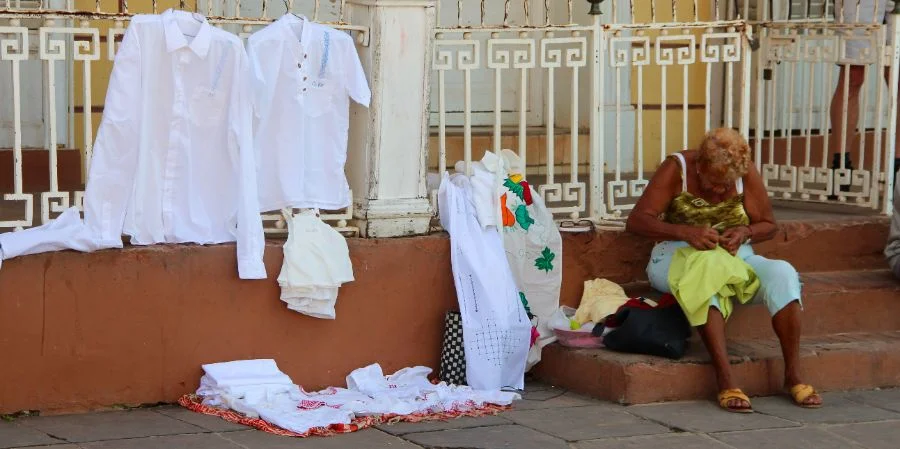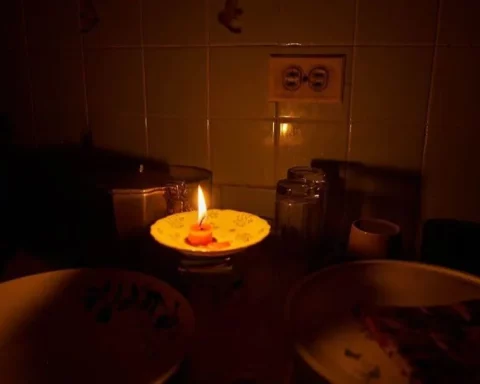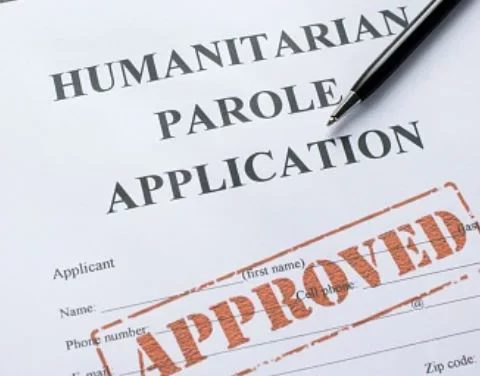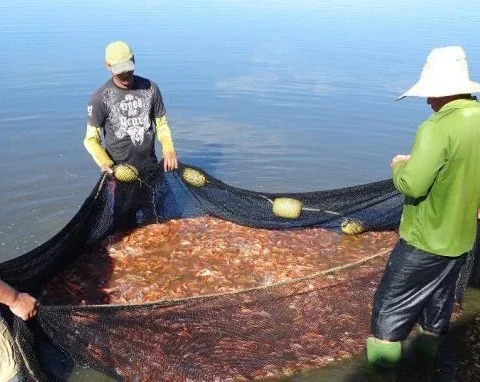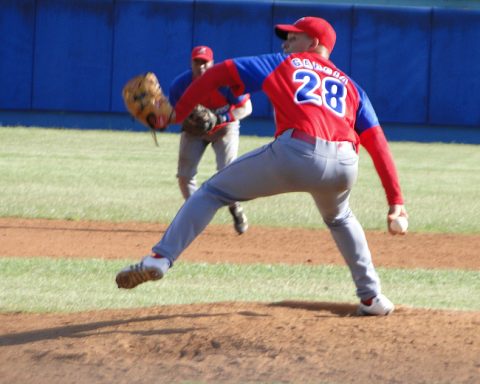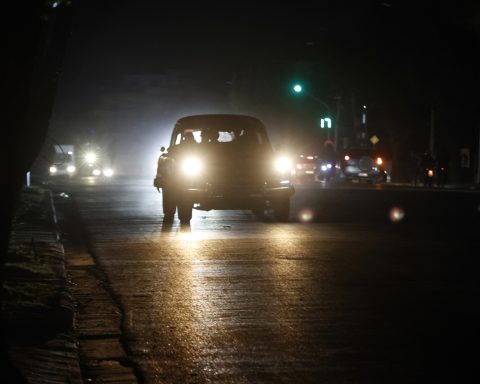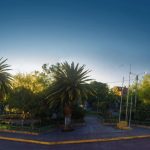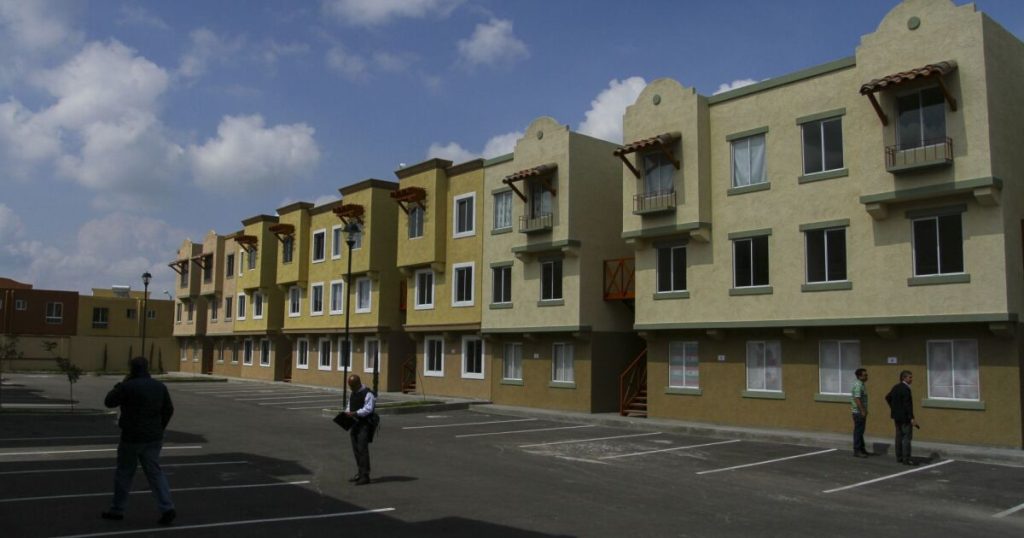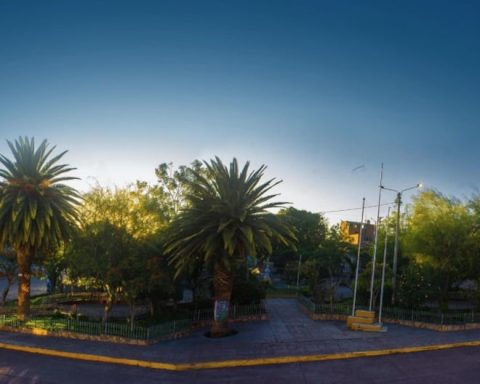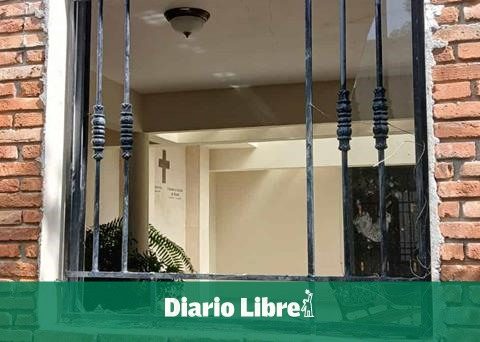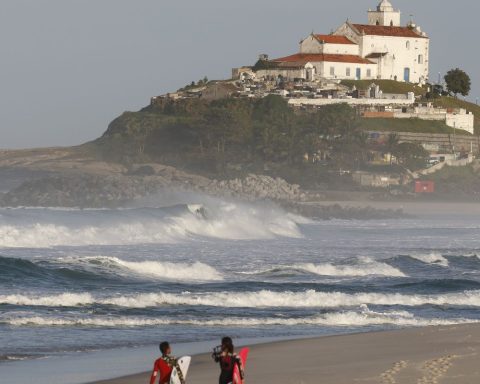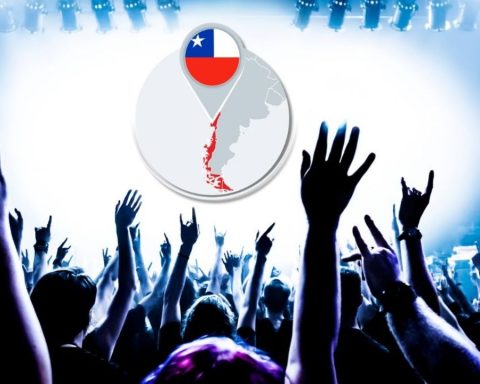HAVANA, Cuba. – If we walk through Havana streets, especially in central places, we will see a profusion of merolics: wandering sellers, located in doorways, parks and at the doors of their homes, who offer used products, obtained from people who throw them away, or in huge garbage cans from any corner of the city where they dig to find them.
“Merolico” is a term that emerged from the Mexican soap opera Droplet of peopletransmitted by Cuban Television in the 1980s. In it, one of the central characters, a seller of ineffective potions, was questioned by the authorities and branded as “a merecolic, lazy man without a job or benefit.”
This expression came like a glove to Fidel Castro to designate all those individuals who refused to work for the State, and attack them, unleashing strong persecution and the application of legislation such as the “Lazy Law”, through which they could be sentenced to forced labor or sent to prison.
Disappeared from public roads for a time, the merolicos had to act clandestinely to maintain their businesses. But in recent years they have proliferated throughout the capital.
The merolics, almost always elderly men, generally poorly dressed, with little neatness, present an appearance of poverty. Unlike self-employed merchants, since they do not have a sales license, they do not pay taxes to the treasury.
Merolics always display their merchandise on some cardboard or sheet on the floor, which they use to quickly collect the items in case of a police raid.
On many occasions they are at the entrances of buildings with stairs, hallways, and lots, where they keep things. They are placed at the door, without displaying the merchandise, showing in their hand what they offer.
Among its most frequent offers are used clothes and shoes, electrical equipment, landline and cordless telephones, cell phone protective covers, cell phone chargers, plumbing hardware, CDs, user books, medications, etc. The price of what they sell is relatively cheap but they do not give a guarantee on their products. People buy from them because most of the things they sell cannot be found in state stores or MSMEs.
There are also street vendors, both men and women, who sell coconuts, raspaduras and other homemade sweets that they carry in cardboard boxes.
A few years ago the so-called “candongas” appeared, points on the outskirts of the capital where they sold everything. There were some that became famous among Havana residents, such as The Cavein San Miguel del Padrón, and the one located at the end of the Pogolotti neighborhood, in Marianao, which was called Calle 8 (in allusion to the street in Miami popularized by the Cubans) that was about a kilometer long.
Today to give legality to the candongueothe Government allows garage sales in private homes on weekends.
The most common places in which merolicos are now seen are the doorways on Carlos III Avenue, El Curita Park, on Reina and Galiano, along Monte Street and Calzada de Diez de Octubre or around agricultural markets. But they can also be seen in other areas of the capital, mixed with the self-employed, as in La Güinerain the Arroyo Naranjo municipality.
The craft of selling used items is as old as humanity. It has always been exercised to survive by people without a steady job. The so-called hustlers have appeared repeatedly in literature and cinema.
I remember when I was a child that I accompanied my father when he was looking for a piece of plumbing, or something similar to make repairs around the house. We went to Rastro Street, near the Plaza de los Cuatro Caminos, where the vendors were located, more than a hundred meters away, offering their merchandise in their wheelbarrows.
It is incomprehensible how people who are very poor, who do not harm anyone and who, on the contrary, provide benefit by recovering things that are discarded and that can be used, are persecuted in Cuba by the authorities, who confiscate their merchandise and They impose heavy fines.
With the catastrophic economic situation of the country, generated by an anachronistic and inoperative political system, the number of merolics will continue to increase. To survive, many of the most disadvantaged people in society will resort to this subsistence resource, even though it is considered illegal by the Government.
